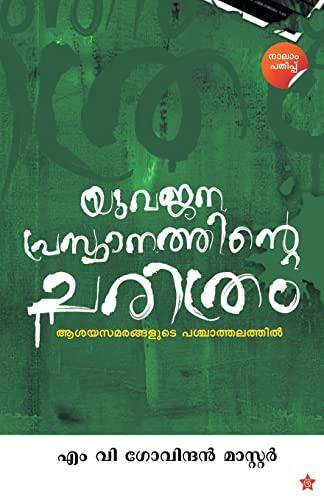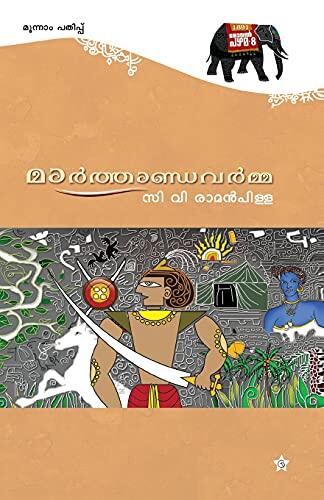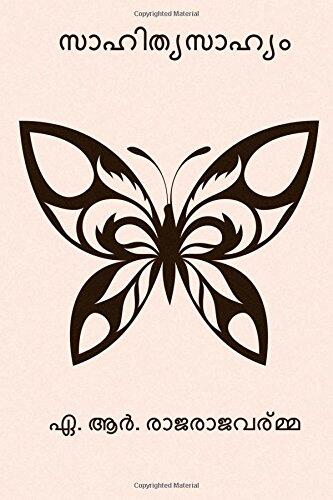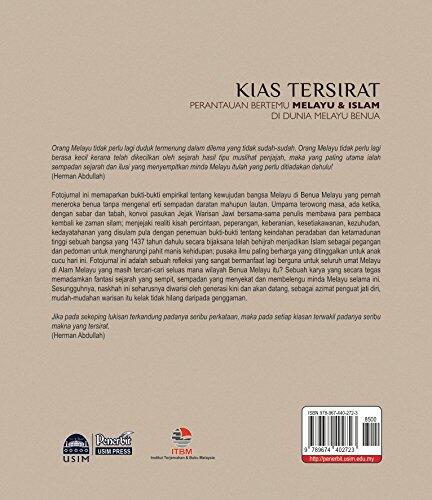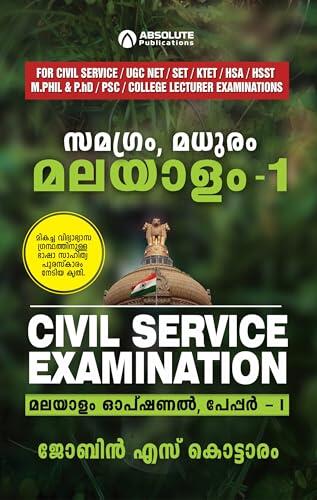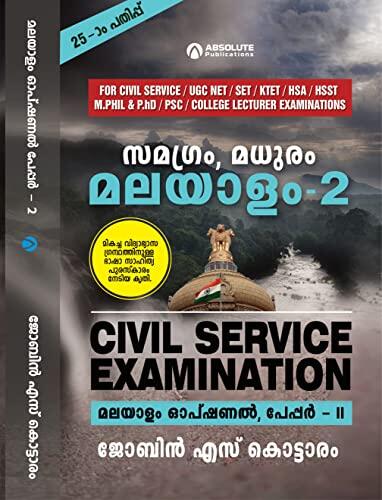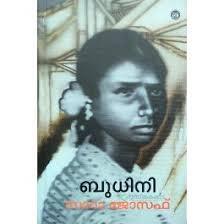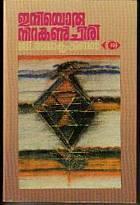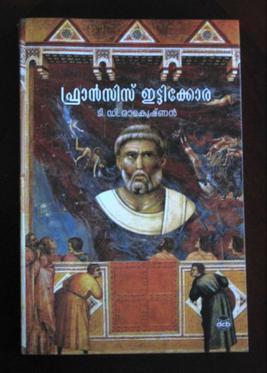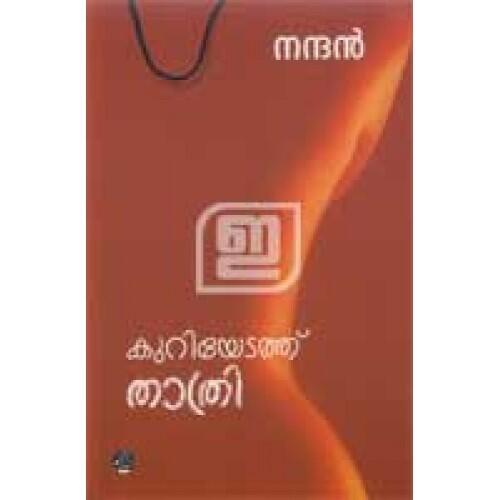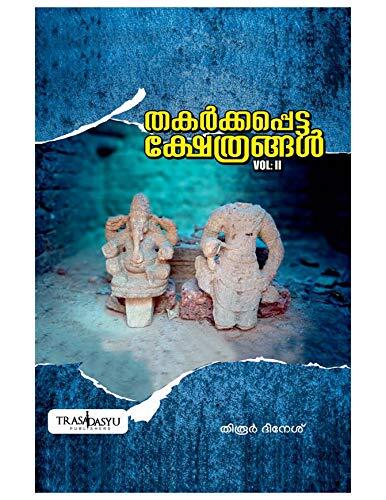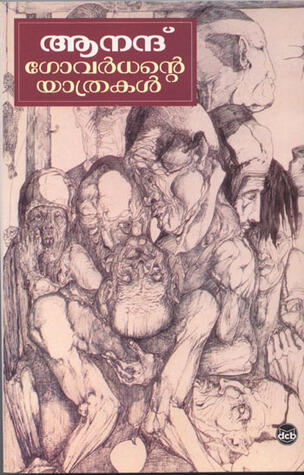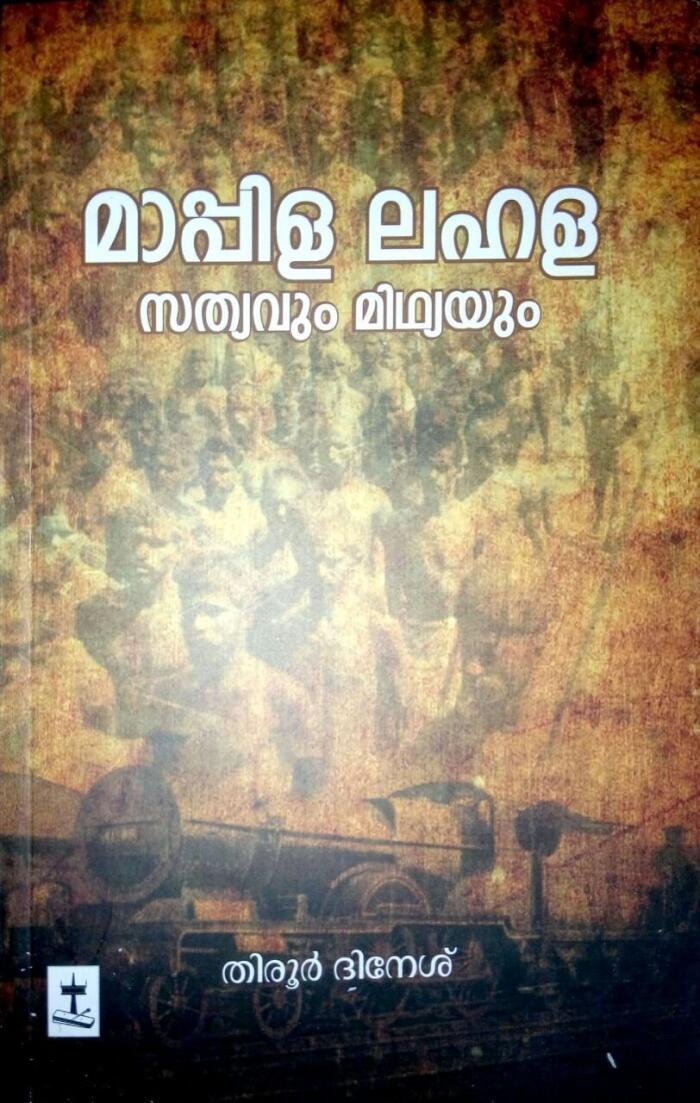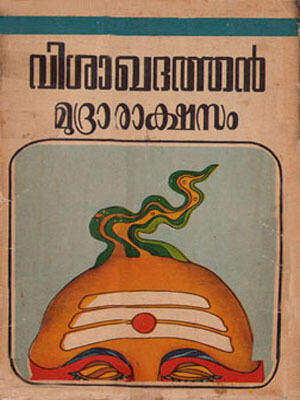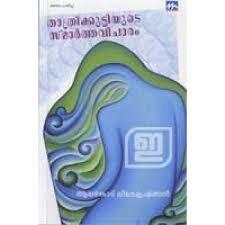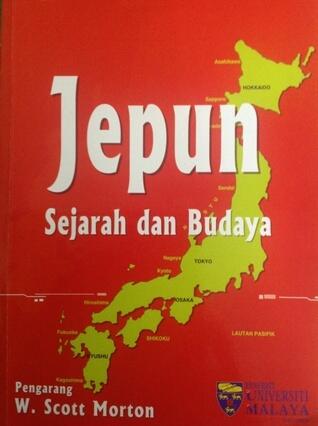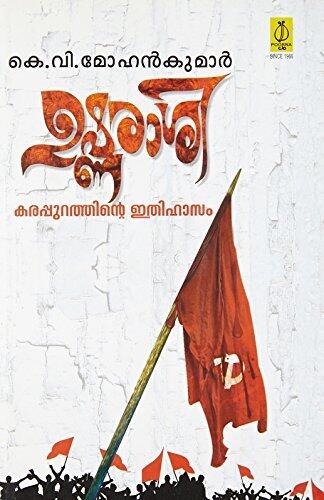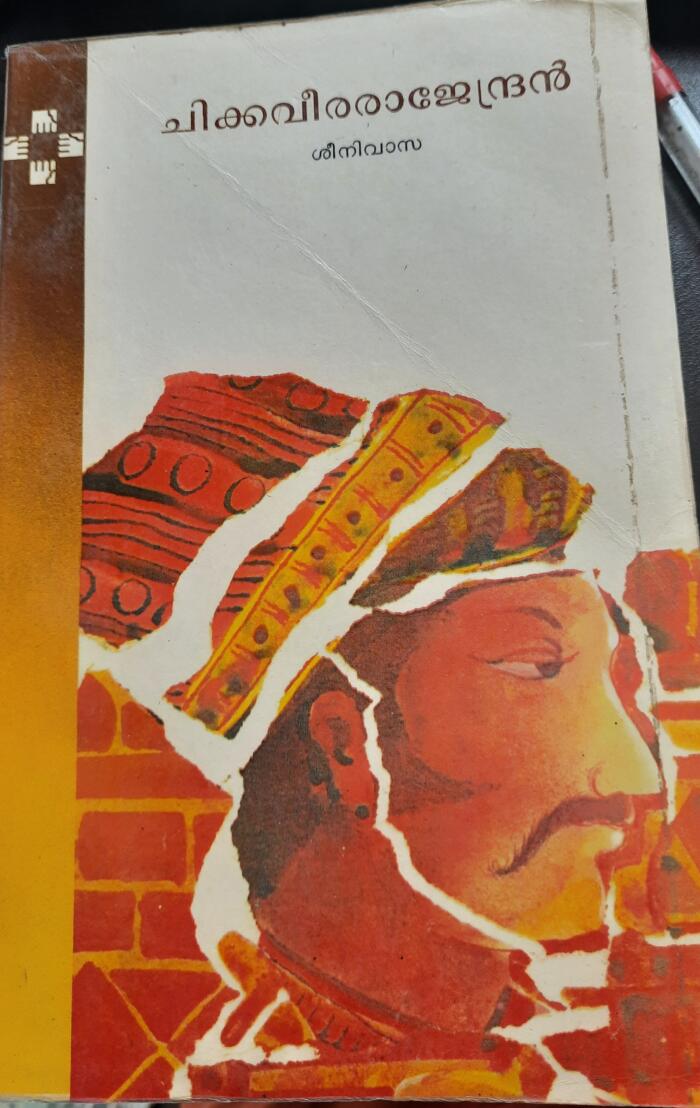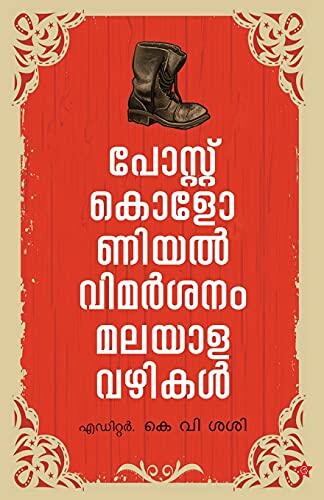
Postcolonial vimarshanam malayalavazhikal
بواسطة
K V Sasi
لا توجد تقييمات بعد
History
تنسيق
غلاف ورقي
صفحات
202
لغة
الملايو
منشور
Jan 1, 2019
الناشر
Chintha Publishers
الطبعة
1
رقم ISBN-10
938848598X
رقم ISBN-13
9789388485982
الوصف
K V Sasi brings together a compelling collection of contributions that delve deeply into the realms of postcolonial Malayalam literature. Each article investigates the complex interplay of language, culture, and identity that has emerged in the wake of colonial influences. This compilation is significant for readers eager to explore how traditional narratives have been reshaped in contemporary contexts, reflecting the broader socio-political changes.
The contributors offer diverse perspectives that invite readers to engage with the nuances of language in a postcolonial framework. Through discussions of various literary works and authors, the essays unfold the rich tapestry of Malayalam literature, highlighting its unique characteristics and its responsiveness to historical and cultural shifts. This consideration of the evolution of literature in a postcolonial society unveils the struggles and triumphs of voices that had previously been marginalized.
Furthermore, Sasi’s compilation emphasizes the importance of critical analysis in understanding the implications of colonial legacies on modern storytelling. The interplay of memory, resistance, and resilience is explored, showcasing how these themes resonate across different literary expressions. Readers are led to think critically about the narratives that shape their cultural landscapes.
Ultimately, this collection is not just a scholarly exploration; it is a celebration of the resilience of Malayalam literature. It provides an essential resource for students, scholars, and anyone interested in the dynamic interplay of postcolonialism and literary expression. The articles collectively serve as a reminder of the enduring power of language and literature to foster dialogue and understanding in an ever-evolving world.
The contributors offer diverse perspectives that invite readers to engage with the nuances of language in a postcolonial framework. Through discussions of various literary works and authors, the essays unfold the rich tapestry of Malayalam literature, highlighting its unique characteristics and its responsiveness to historical and cultural shifts. This consideration of the evolution of literature in a postcolonial society unveils the struggles and triumphs of voices that had previously been marginalized.
Furthermore, Sasi’s compilation emphasizes the importance of critical analysis in understanding the implications of colonial legacies on modern storytelling. The interplay of memory, resistance, and resilience is explored, showcasing how these themes resonate across different literary expressions. Readers are led to think critically about the narratives that shape their cultural landscapes.
Ultimately, this collection is not just a scholarly exploration; it is a celebration of the resilience of Malayalam literature. It provides an essential resource for students, scholars, and anyone interested in the dynamic interplay of postcolonialism and literary expression. The articles collectively serve as a reminder of the enduring power of language and literature to foster dialogue and understanding in an ever-evolving world.
